The summer season brings with it the holidays, with plans to travel, visit tourist destinations. Picnics by the beach, trekking, gardening are all summer activities people indulge in with gusto.
Are you aware though, that summer brings with it a host of problems that could be very harmful to your health? Let’s have a look at some of them:
Hyperthermia
The most common health hazard, hyperthermia is basically a rise in the body temperature. Mild hyperthermia causes heat exhaustion, a condition with unpleasant symptoms like nausea, headache, dizziness.
If not treated, it can cause heat stroke, a condition much more serious, with body temperatures in the range of 104° – 106° F, and symptoms like delirium, confusion, slurred speech and a high pulse rate.
While heat exhaustion can be treated at home, a heat stroke would require immediate medical assistance.
Dehydration
Exposure to sun and heat generally causes one to perspire. More the heat, more the perspiration; as a consequence, more loss of body fluids and electrolytes. It’s imperative to replace these fluids, but a number of reasons- tight schedule, thirstlessness, plain laziness- prevents people from doing so.
A dry mouth or skin, bad breath, reduced urination, dark colored urine, extreme thirst are all signs of dehydration.
Food poisoning
Food poisoning or food illness is caused by consumption of contaminated food. Rising temperatures cause rapid bacterial growth on food, contaminating it. Eating this food can cause infections and an upset stomach, with symptoms such as abdominal pain, nausea, vomiting and diarrhoea.
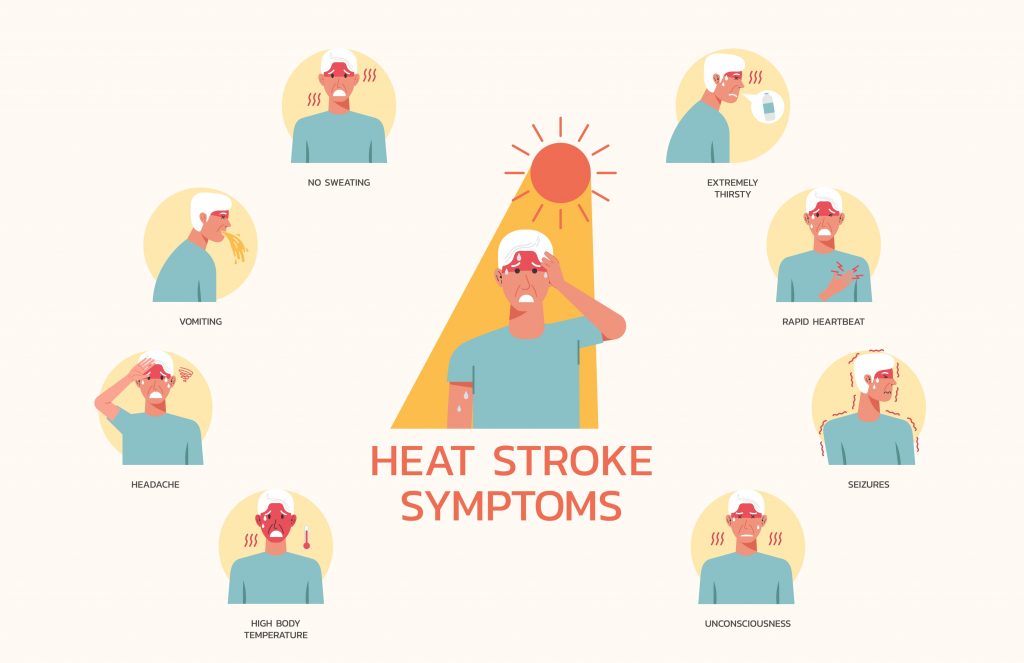
Diseases:
Migraine
Agonizing, usually one sided, migraines are typically triggered by the heat. Dehydration can also cause or aggravate them.
Auto immune diseases
Certain auto immune conditions, like rheumatoid arthritis, are worsened by exposure to heat. The person might start experiencing more joint pain, fatigue and swelling of affected joints.
Asthma
Asthma, a respiratory disorder, causes the airways to constrict, with mucous production. This makes the person breathless. It could be mild, with just a little cough. A major attack is critical, and on occasion, without treatment, proved to be fatal.
The increased pollen during summers, the dust and the added humidity due to heat can all increase a person’s chances of having an asthma attack.
Chicken pox
Also commonly affecting the young, chicken pox is a viral infection seen with the onset of summer. It starts with fever, and the appearance of small, fluid filled blisters on the body.
Elderly people, or those immunocompromised or with comorbidities are also at risk.
Measles
A vey contagious infection, its seen more in the summer season. It usually affects the respiratory tract, initially causing fever, cold, cough. However, it progresses to the moth, with formation of small white spots in the oral cavity. Rashes appear on the skin, concentrated on the face and hairline.
In some cases, measles cause complications such as pneumonia or ear infections. Contracting measles during pregnancy can be dangerous, with chances of miscarriage or premature delivery.
Mumps
A common summer viral infection, it usually affects children. It’s contagious and usually spread by droplet infection, when a child sneezes or coughs.
There is swelling of the parotid gland, just below the ears, with painful chewing and swallowing. Though complications are rare, they include meningitis and encephalitis- swelling of brain tissue.
Influenza
A type of infection with symptoms like flu, it very commonly affects people in the summer months. Cold, cough, an irritable throat, fever are the usual symptoms.
Jaundice
An infection caused by a group of viruses, jaundice is known to occur on intake of contaminated food or water. Symptom include mild fever, nausea, vomiting. It’s characterized by icterus – yellowing of the eyes and nails.
Typhoid
A bacterial infection, it shows up with fever and abdominal pain, loss of appetite and fatigue. In extreme cases, you can get mall ulcerations in the intestines, which take a while to recover.
Conjunctivitis
Soreness and reddening of the eyes are a very common complaint during summer, with inflammation of the outer layer of the eye and the eyelid. Its often accompanied with itching and watering from eyes.
The reasons are varied- it could be allergic, or a bacterial or viral infection. Exposure to the sun can cause or worsen the condition.
UTI
A UTI (urine infection) is fairly common in the summers, as viruses and bacteria thrive in the warm weather. Dehydration only compounds the problem. As does the unclean water you are exposed to if you go swimming in water parks etc.
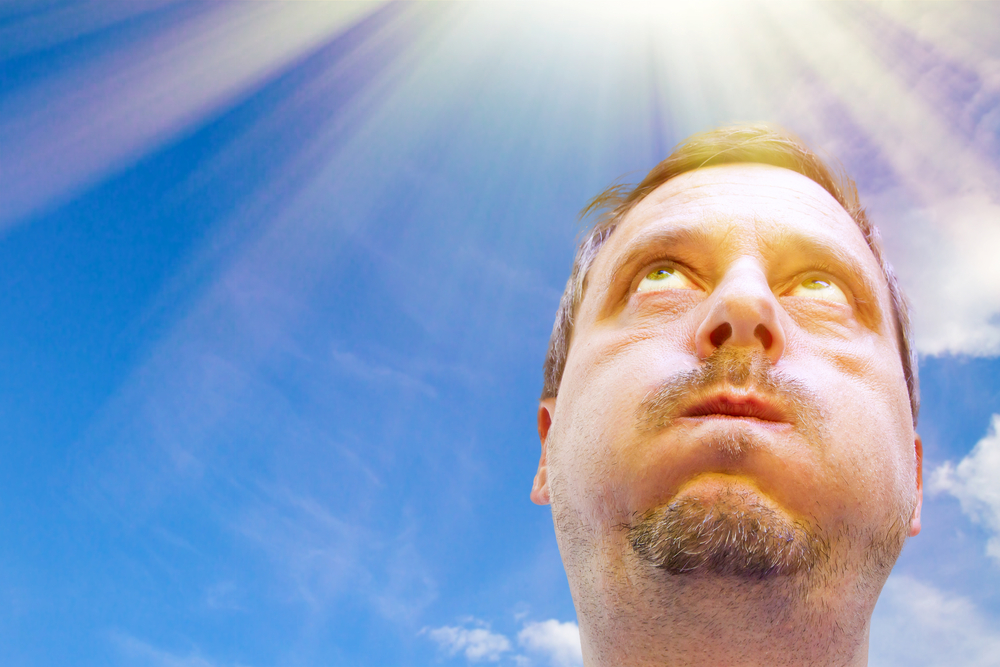
Insect bites
Though summer gives everyone a good reason to step out of their houses, it also acts as a haven for insects to be out in hordes. Its quite common to be stung by a mosquito or a bee. It is usually a harmless bite, but can turn serious if you’re allergic, or develop malaria.
Muscle spasms
The cooling mechanism of the body, on getting overheated, makes one perspire, sometimes copiously. As a result, you not only lose fluids, but electrolytes too. If not replaced in time, they give rise to painful heat cramps, or muscle cramps- basically, spasms of body muscles. Any muscle could be affected.
Water borne diseases
Just as viruses and bacteria grow on food, they also fester in water, and drinking this contaminated water can put you at risk of certain water borne diseases like dysentery and cholera.
Skin conditions:
Rosacea
An allergic skin condition, it is characterized by red patches on the skin, especially around the nose and cheeks. The skin becomes red and irritable, with itching.
Exposure to the sun can worsen the complaints, making it very uncomfortable for the person. It can further dry the skin, causing it to itch and flake even more.
Sunburn
Sunburn is a major concern in summers. A lot of people take advantage of the warm weather to travel, go sun bathing etc. Moving out and traveling at this time exposes the body to sunrays for a prolonged period, including UV rays, which penetrate the skin, causing tanning.
If you’re not careful though, the tanning can rapidly escalate to an actual sunburn, with the skin becoming dry and irritable. If not addressed in time, it can progress to blisters and skin peeling.
A few other symptoms of sunburn include fever, chills, cold.
Fungal infections
The heat and humidity lead the body to perspire profusely. While the perspiration evaporates rapidly from exposed areas, it tends to remain on unexposed ones- underarms, under bust, the thighs. Continued moistness in these parts encourages fungi to fester, causing rash, irritation, uncontrolled itching, occasional flaking of skin.
Swimming accidents
This is one of the most common causes of injuries in summers. The warm weather drives most people to beaches and pools in an effort to cool off…and diving into pools or swimming in deep waters can cause unexpected injuries. There have been cases of accidental drowning when a person swam too far off shore.
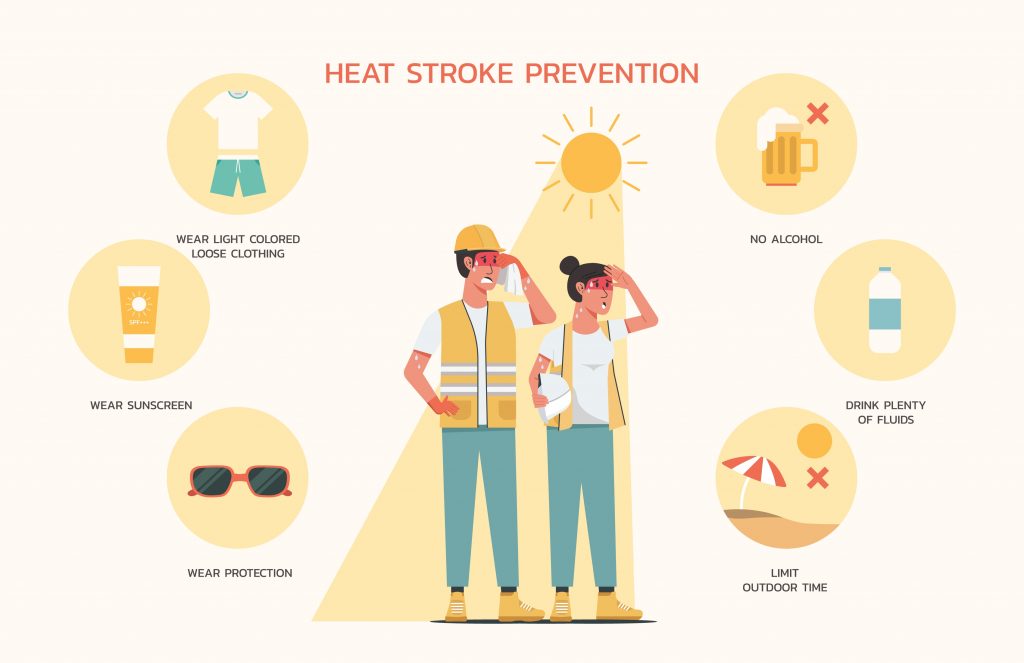
Prevention
A few precautions, if taken while planning holidays and on outings, can go a long way towards making your trips comfortable and safe.
Stay hydrated
It’s very very important to keep yourself hydrated at all times. Carry a water bottle with you when you venture out into the heat, whether it’s for a small errand, or a picnic. Instead of plain water, try having liquids with electrolytes, such as coconut water or fresh lime juice. The average intake should be 10 to 12 glasses.
You could also carry with you foods with a high water content, like watermelon, celery, cucumbers.
Keep in mind, infants and the elderly are the most susceptible to dehydration; infants because they cannot express themselves and the elderly because they just forget to drink water, or because with age, thirst reduces. Make it a point to offer them fluids at regular and frequent intervals.
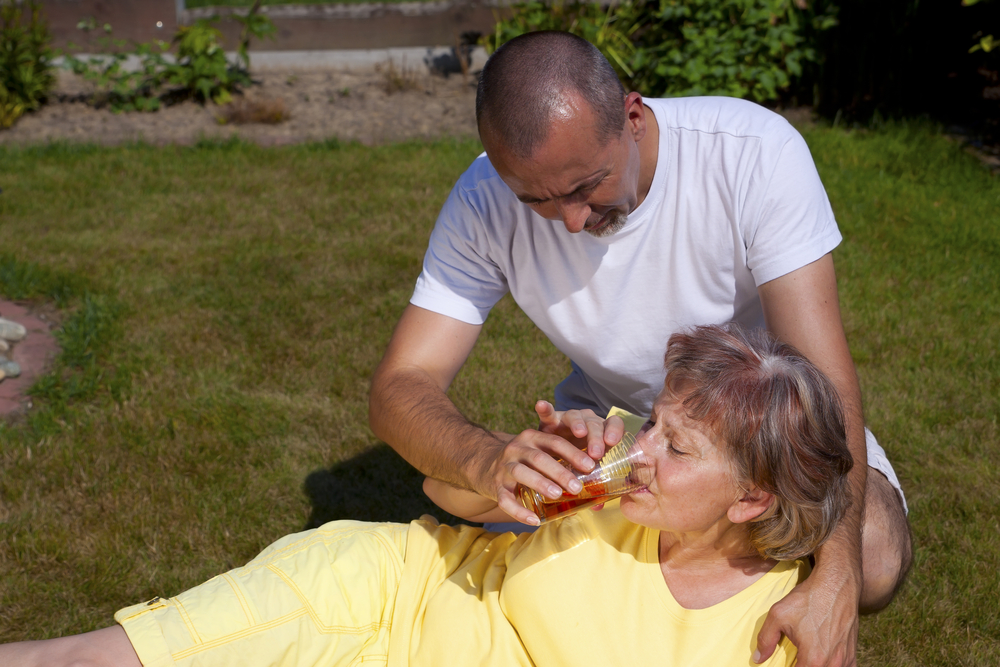
Avoid strenuous activity
Strenuous activity in the heat will make you perspire more, leading to loss of fluids and electrolytes from the body. Try to schedule any heavy duty work for early mornings and late evenings, when its comparatively cooler. Avoid these activities during the afternoons, when the sun and the heat are at peak levels.
If at all you need to work in the peak hot hours, ensure you take water breaks at regular intervals. Try to find shade wherever possible.
Be aware
Educate yourself as to the disadvantages of heat exposure, so you’re not caught unawares. Read up about the place you’ll be visiting, if you’re travelling. Carry protective gear accordingly. If seniors and children are travelling with you, try to observe and recognise the problems they might have, and be ready with the solution.
For example, a child not passing urine for an extended time can mean dehydration, and the child may require fluids with electrolytes.
Use sun screen
Using a sunscreen should be a part of your morning routine. Not only does it protect against harmful UV rays, preventing sunburn, it also acts as a moisturizer.
Selecting a sunscreen: It’s important to select a sunscreen with maximum benefits for your skin. Always choose one which protects against both, UV A and UV B rays. Choose one which goes with your skin type – if you have dry skin, pick up one which is thick, with the consistency of cream. For oily skin, you should choose a watery one, preferably spray.
The SPF is important too – if you have limited outdoor exposure, A SPF of 30 suffices; For prolonged exposure, use SPF 50.
Application: Apply at least once in the morning, after your bath. Take about 5 ml for each part of the body that’s exposed to the sun-face, each hand, neck. Apply about 20 to 30 minutes before you head into the sun. It requires re application every 4 hours. If you’re going to be in the water, apply every 45 minutes to an hour, as water washes away the sun screen.
Dress comfortably
Try to dress up in loose and light clothing, in materials that let your skin breathe. Light colors reflect light, while dark ones absorb it, making you feel warmer. Similarly, tight clothes prevent air circulation, and the skin cannot breathe, increasing the body heat.
Opt for materials such as cotton, which will help keep your body cooler.
Use ice packs
At the slightest indication of a sunburn, apply ice packs. They cool down the skin, preventing further damage. In certain instances, they also prevent or ease a heat migraine.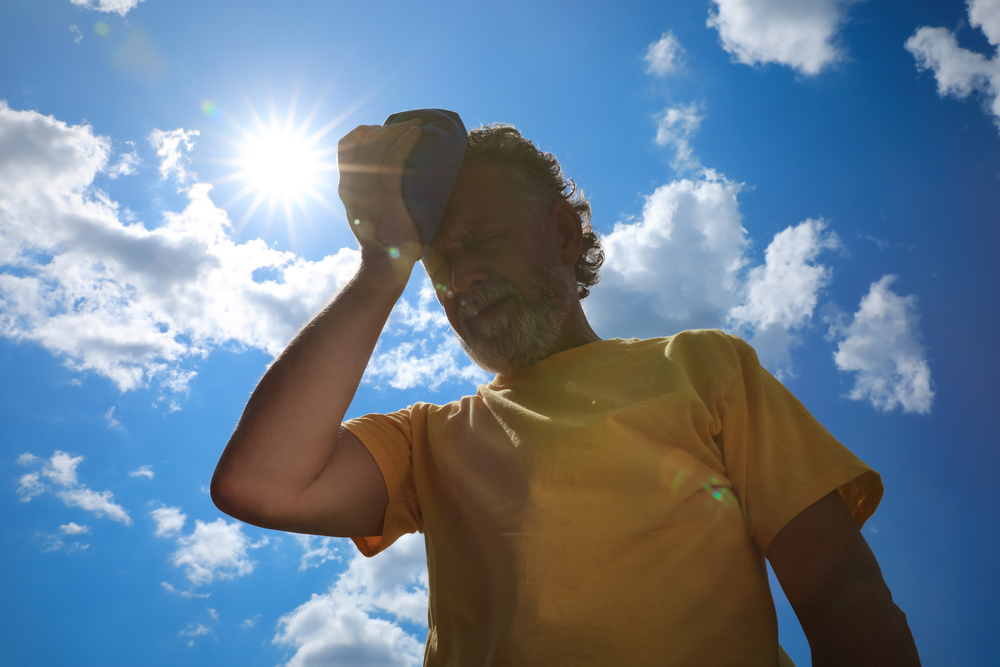
Vaccination
Certain vaccinations, such as measles, hepatitis and chicken pox, are recommended to be taken as a child, so they can provide immunity against diseases such as measles, chicken pox, rubella.
Others, like the influenza vaccine, have to be taken annually.
Get your vaccinations as prescribed by your doctor, they can help prevent or at least ease the symptoms of the disease you’re taking them for.
Mind your food
As mentioned earlier, the heat promotes bacterial and viral growth on foods, making them rancid. Raw meat, eggs, dairy products, if not refrigerated, turn bad very quickly. Avoid them if you’re on long trips, without a way of keeping them cool. Avoid cold and raw food, as it has higher chances of being infected.
Also avoid tap water, as chances of developing a waterborne infection are quite high. Try to boil and filter the water you drink.
Good personal hygiene
A good personal hygiene goes a long way in keeping one healthy. Wah your hands repeatedly after touching food, before and after meals.
Keep yourself dry as much as possible, especially in the folds of skin. Use talc or anti septic powders liberally, as they absorb the perspiration, helping keep the skin dry; it can prevent or help cure fungal infections.
Keep skin moisturised, especially if you have breakouts due to an infection…it reduces the itching and may prevent transfer of infection to other areas.
Wear protective gear
If going out in the hot sun is unavoidable, use glasses and caps to protect your eyes and face from the extreme heat.
Avoid the heat
Try to time yourself; make your schedule such that exposure to heat and sun can be avoided. Plan outdoor activities and work in early mornings or late evenings, when the weathers a bit cooler.
If driving, try to park cars in shady areas, so the interiors don’t become hot and uncomfortable. Always carry a mattress or blanket to place on a seat that’s too hot, to prevent contact burns. Cover the passenger windows with nets or drapes, to avoid exposure to the strong sunrays.
Protect yourself
Carry a medical kit with you if you’re travelling, with specific medicines for food poisoning, diarrhoea etc. Add antiallergics, in case of insect bites or skin allergies. Also carry electrolyte sachets, to replace any you lose. Since sunburns are common on exposure to sun, carry an ointment to treat the burns. Ask your physician to help you prepare a kit which will keep you safe and healthy. Sore eyes are always a possibility, so carry drops to keep your eyes moist.
Insect repellents
Since insects are a hugh menace in summers, make it a point to use insect repellents when possible.
Be cautious while swimming
Do not venture too deep while swimming in the sea, stay close to the beach, especially if you aren’t aware of any riptide or undercurrents. Try to identify areas under surveillance by life guards.
Summers are always considered as time to spend with family, to enjoy together, pamper yourself, get that tan you wanted…and just a little bit of caution can help you do all of these. Be prepared, be careful, and make the most of the gorgeous summer months!



